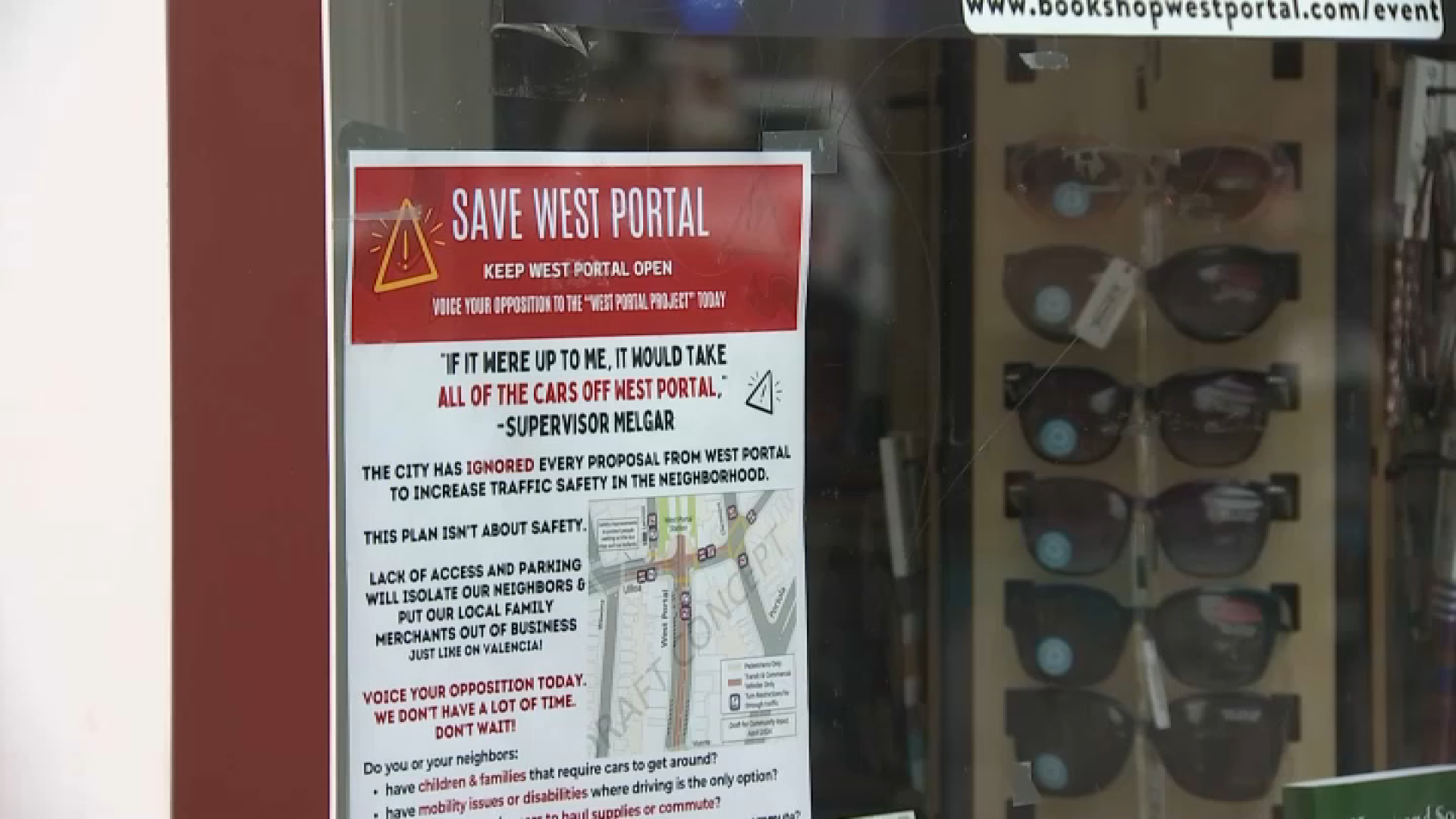Rupert Murdoch, CEO and Sith Lord of News Corp (which owns a variety of book, magazine and newspaper publishers including HarperCollins, The New York Post and The Wall Street Journal) is one of the most vocal — not to mention powerful — forces driving the idea that online news websites should charge for the content provided. Typically, news sites and blogs rely on advertising money to stay up and running.
The Wall Street Journal, owned by Murdoch's News Corp, is one such news site that charges a subscription fee for access to all of its articles. The New York Times, which isn't owned by News Corp, recently announced that it would also adopt a subscriber "pay wall" model in 2011. It's no secret that the magazine and newspaper industry is in trouble, and pay walls are seen as one way to help stop the bleeding.
Not all outlets see adopting pay walls as the way to go. Alan Rusbridger, editor of The Guardian, recently gave a speech in which he defended the virtues of free content and relying on ad revenue. One of the big fears behind the pay wall structure is the fact that it'd turn certain readers away, which would lower readership and drive down ad revenue.
Rusbridger called Murdoch out directly:
"Rupert Murdoch, who has in his time flirted with free models and who has ruthlessly cut the price of his papers to below cost in order to win audiences or drive out competition… this same Rupert Murdoch is being very vocal in asserting that the reader must pay a proper sum for content — whether in print or digitally."
More than just a different way to provide content, Rusbridger sees the Internet as adding a vital layer to journalism — an interactive, evolving one — that could be damaged by forcing regular readers of a periodical to pay. Casual readers could come and go, but "loyal" readers, as Rusbridger describes them, would seemingly be punished.
Murdoch, in response, said that he hadn't listened to or read Rusbridger's speech but that the general idea "sounds like BS" to him. He didn't say "BS" exactly, of course. He used the version not fit to print.
Local
So, where do you stand? Sound off in the comments.
Read Rusbridger's entire speech here.



